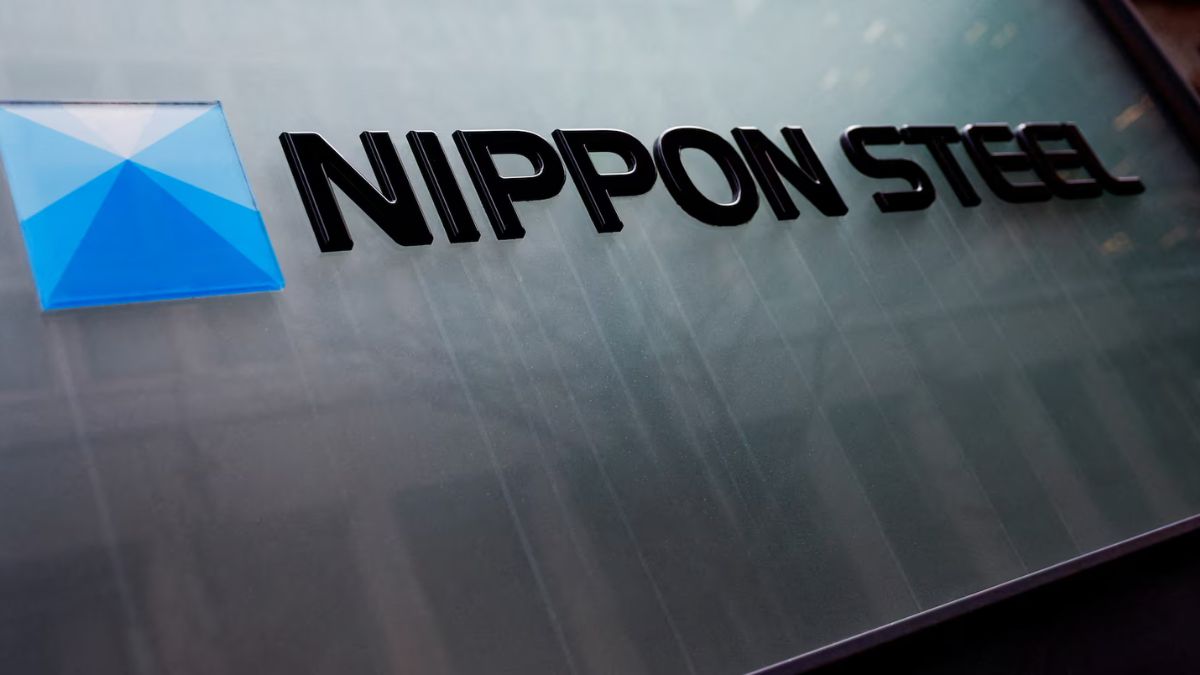Nippon Steel’s bid to acquire U.S. Steel has faced significant opposition, casting a shadow over the already delicate U.S.-Japan economic relationship. The proposal, which seeks to merge one of Japan’s largest steel producers with the iconic American steelmaker, has sparked debates about national security and market competition, complicating bilateral ties between the two nations.
The acquisition bid, valued at approximately $7 billion, aims to create a global steel powerhouse capable of competing more effectively in the international market. However, the proposal has encountered resistance from various quarters, including U.S. lawmakers, industry leaders, and labour unions, who argue that the deal could compromise American steel production and national security.
Critics of the bid have raised alarms about the potential implications for national security and domestic industry. U.S. Steel is a significant player in the American steel sector, which is crucial for the production of military equipment and infrastructure. Some opponents fear that foreign control over such a key asset could lead to supply chain vulnerabilities and reduced control over critical materials.
Additionally, concerns have been voiced about the competitive dynamics in the steel industry. Critics argue that the merger could lead to reduced competition, higher prices, and job losses within the American steel sector. This has elicited a strong response from U.S. Steel employees and local communities, who are worried about the potential negative impacts on their livelihoods.
The opposition to Nippon Steel’s bid reflects broader concerns about foreign acquisitions of American companies, which have become a contentious issue in U.S. trade policy. The debate over the merger underscores the challenges of balancing economic interests with national security considerations and has the potential to strain U.S.-Japan relations, which have been generally positive in recent years.
For Japan, the proposed acquisition represents a strategic move to strengthen its position in the global steel market, particularly as the industry faces challenges from rising production costs and competition from other steel-producing nations. The bid aligns with Japan’s broader strategy to consolidate its industrial base and expand its international footprint.

